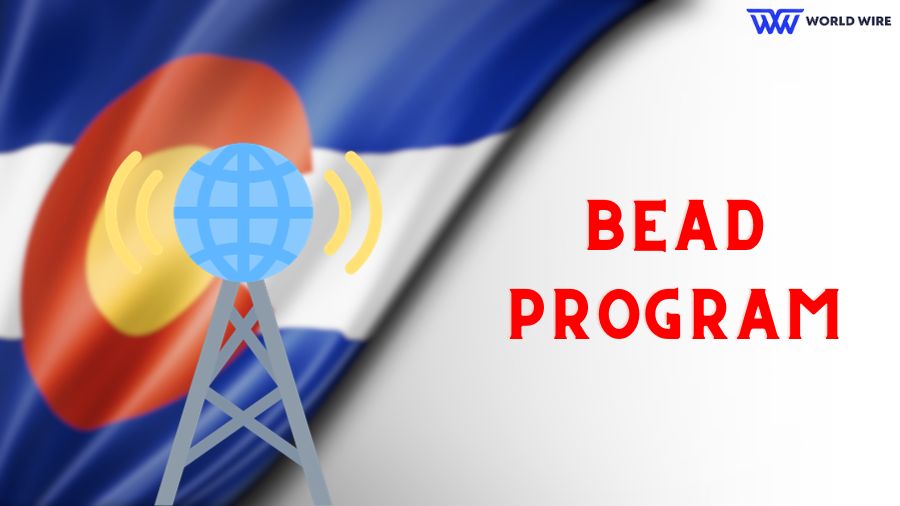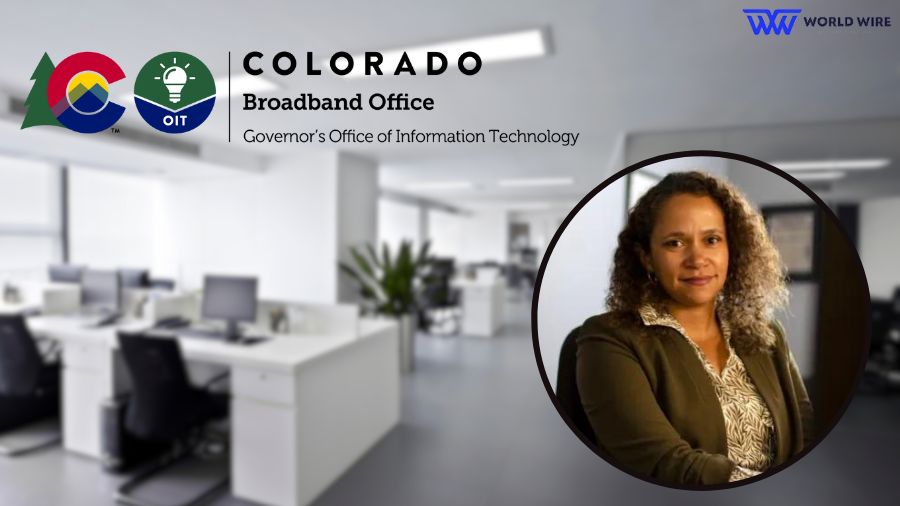Despite being the eighth largest state geographically, Colorado has numerous densely populated locations such as the Denver/Boulder metro area, Colorado Springs to the south, and Fort Collins to the north, making deployment of internet service outside those metro regions a major obstacle.
Colorado Broadband Director Has a Pragmatic Approach to BEAD
According to Brandy Reitter, Executive director of the Colorado Broadband Office, Colorado, United States faces several hurdles, including mountains that obstruct lines of sight, a geography rich in granite that makes underground construction expensive, and sparsely inhabited desert plains on the state’s western side.
Reitter is taking on the challenges even though state broadband offices are seeing a shift in staffing and leadership.
Reitter told Telecompetitor, “This is very special; I don’t take this for granted. I am having an amazing time because of the people I work with and for” in response to the more than $1 billion in federal support (BEAD and CPF) that is coming to Colorado.
Regarding BEAD funding, Colorado has been given $826.5 million, which Reitter notes is “a little more than I was thinking, I am pretty excited about that number, I think the challenge process helped a lot.”
With 60% of its 15,000 location and availability challenges accepted, the Colorado broadband office prioritized quality over quantity during the challenging process.
Reitter, who is realistic, acknowledges that although difficulties contributed to Colorado’s budget increase, it’s now necessary to accept the FCC’s current availability map.
According to Reitter’s speculation, Colorado’s BEAD funding was also increased due to the fiber-first program’s high-cost deployment challenges in difficult locations.
Reitter states that her office is now developing parameters for Colorado’s “high cost per location threshold,” adding that the state would not adopt a “one size fits all” strategy due to the wide range of topographies in the state, which generate considerable variations in deployment costs.

Reitter emphasized that a variety of data sources will be used in the process, such as the eligible entity planning tool and model from the NTIA, analysis from CostQuest, maps from Colorado, and historical data from recent local deployments.
The state will also employ a consultant to give another mapping tool to identify high-cost areas.
Colorado received requests for four times its CPF allocation of $162 million. Through the Advance Colorado Broadband grant programme, the state of Colorado received 112 applications for broadband funding from 37 entities.
The $643 million in total funding requested is nearly four times higher than the $162 million allocated for the programme.
Reitter does not anticipate anything like the four times demand she witnessed during the CPF round of funding requests, maybe primarily due to the large sum of money Colorado received.
As of right now, Reitter and team members have sent in Volumes 1 and 2 of their initial BEAD program proposal as well as Colorado’s five-year action plan. Volume 2’s 30-day public feedback period ended recently. It was released on October 25.
Reitter plans to start accepting funding applications in the early summer of 2024. Funds are also predicted to be disbursed before the 2025 construction season. Colorado is only conducting one funding round.
Reitter reflects, “We are fortunate, but of course, having a lot of money makes it harder because you have to make tougher decisions,”







Add Comment